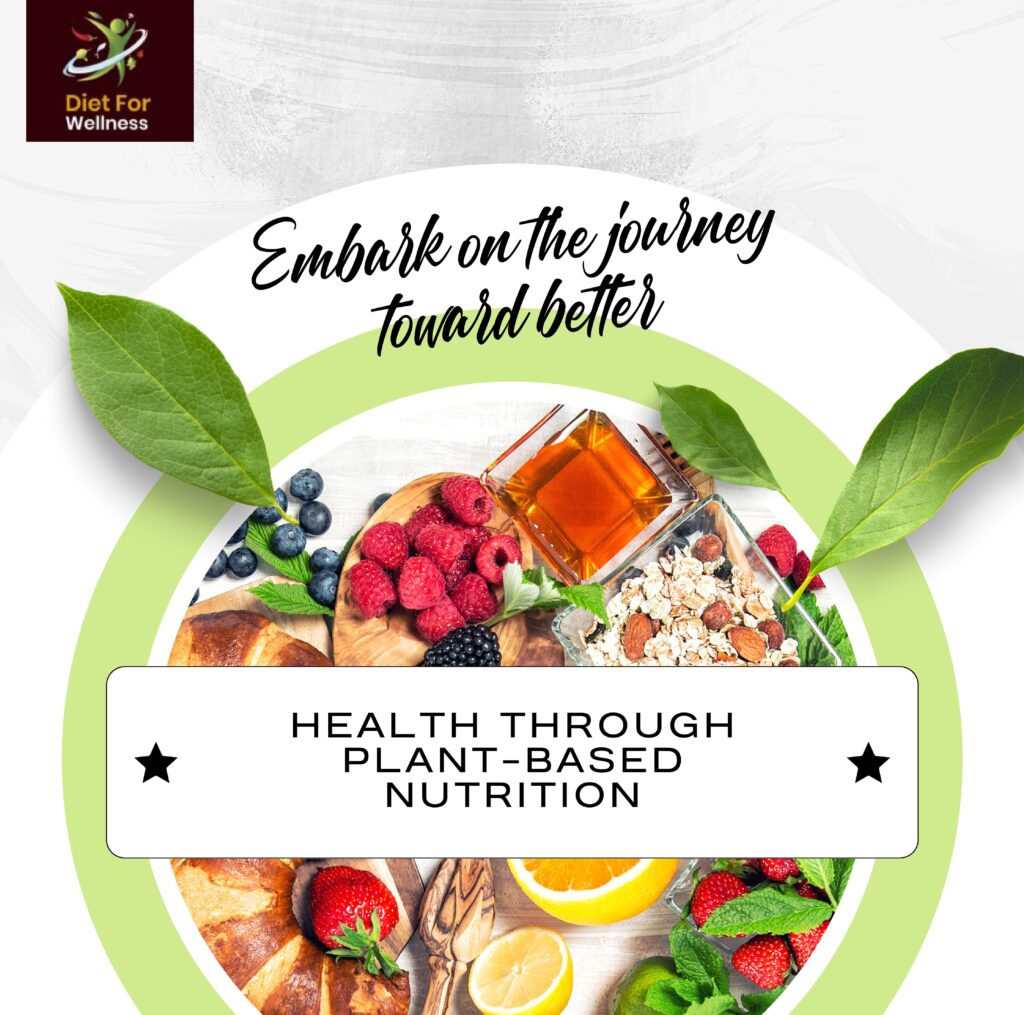The Power of Plant-Based Diets- Reversing Chronic Diseases Naturally

Approximately 21% of India’s elderly population is known to be affected by at least one chronic ailment. Specifically, 17% of seniors living in rural regions and 29% in urban areas grapple with chronic health conditions. The predominant contributors to these chronic diseases are hypertension and diabetes, which together make up roughly 68% of all such cases.
Interestingly, in regions where plant-based diets are more prevalent, the incidence rates of these chronic diseases at the national or regional levels are notably lower when compared to areas where animal-based diets are predominant.
In recent years, there has been a growing awareness of the power of plant-based diets in improving health and preventing chronic diseases. As more people seek natural and sustainable ways to enhance their well-being, the adoption of plant-based diets has surged. This shift is not just a dietary trend but a movement towards better health and longevity.
The Health Crisis of Chronic Diseases
Chronic diseases, such as heart disease, type 2 diabetes, hypertension, and certain cancers, have reached epidemic proportions worldwide. They are often attributed to poor dietary choices, sedentary lifestyles, and other lifestyle factors. These conditions not only diminish the quality of life but also place a tremendous burden on healthcare systems and individuals alike.
While medical interventions and pharmaceuticals are commonly used to manage chronic diseases, they often come with side effects and fail to address the root causes. Plant-based diets, on the other hand, offer a holistic and natural approach to managing and even reversing these conditions.
The Power of Plant-Based Diets
● Reducing Inflammation – Chronic inflammation is quite a common underlying factor for most chronic diseases. Plant-based diets, rich in antioxidants and anti-inflammatory compounds, can help reduce inflammation in the body, thereby mitigating the risk of disease progression.
● Weight Management – Obesity is a significant contributor to chronic diseases. Plant-based diets are lower in calories and saturated fats, which make them effective for weight management. They can help individuals achieve and maintain a healthy weight, reducing the risk of diseases like type 2 diabetes and heart disease.
● Improved Heart Health – Plant-based diets are associated with lower levels of cholesterol and blood pressure, both of which are risk factors for heart disease. The abundance of fiber, phytonutrients, and healthy fats in plant-based foods supports cardiovascular health.
● Blood Sugar Control – Plant-based diets can help stabilize blood sugar levels, making them an excellent choice for individuals with type 2 diabetes. The high fiber content of plant foods slows the absorption of sugars and promotes better glycemic control.
● Cancer Prevention – A diet rich in fruits, vegetables, and whole grains has been linked to a reduced risk of certain cancers, including colon, breast, and prostate cancer. Phytochemicals found in plant foods have anti-cancer properties that protect cells from damage.
● Gut Health – Plant-based diets promote a healthy gut microbiome, which plays a crucial role in overall health. A diverse array of plant fibers nourishes beneficial gut bacteria, contributing to better digestion and immune function.
● Kidney Function – For those with kidney disease, plant-based diets can help reduce the workload on the kidneys by limiting the intake of excess protein and phosphorus commonly found in animal products.
The power of plant-based diets to reverse chronic diseases naturally cannot be overstated. Focusing on whole, plant-based foods and eliminating or significantly reducing animal products can help individuals take control of their health and well-being. While making the switch to a plant-based diet may seem daunting at first, the long-term benefits in terms of disease prevention and management are well worth the effort.
As with any major dietary change, it’s essential to consult with a healthcare professional or registered dietitian to ensure that a plant-based diet is suitable for individual health needs. However, for many people, the journey toward better health through plant-based nutrition has been transformative, leading to healthier and more vibrant lives.
